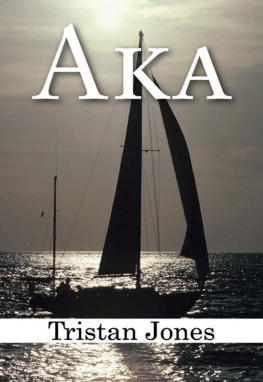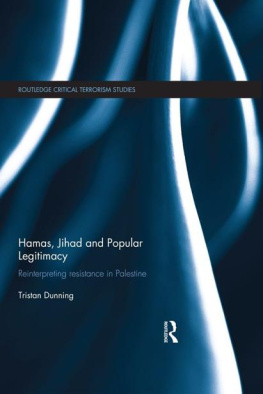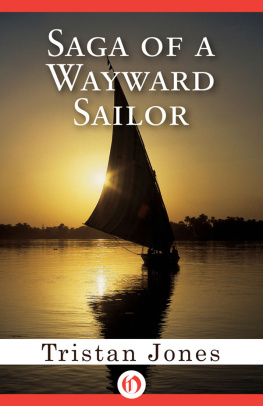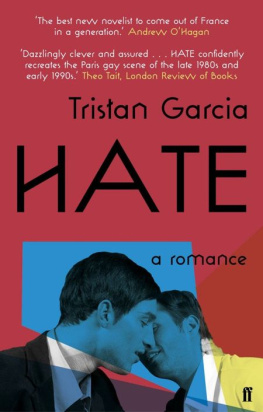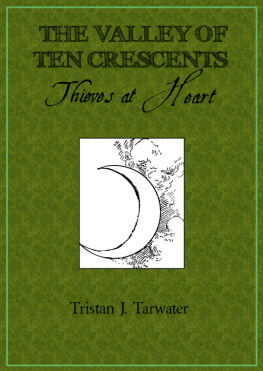EARLY BIRD BOOKS
FRESH EBOOK DEALS, DELIVERED DAILY
LOVE TO READ ?
LOVE GREAT SALES ?
GET FANTASTIC DEALS ON BESTSELLING EBOOKS
DELIVERED TO YOUR INBOX EVERY DAY!

Heart of Oak
Tristan Jones
Authors Note:
To save embarrassment to relatives, the names of some of the characters in this book, as well as the names of the ships on which the author served, have been altered.
Dedicated to the men and women of the Royal Navy, the oldest organised fighting force in the world.
ACKNOWLEDGEMENTS
Laurence Everleigh, ex-matelot, R.N.
Gordon Rollason, ex-matelot, R.N.
Eric R. Thomas, ex-matelot, and Boy Seaman, R.N.
David McLeod, ex-matelot, and Boy Seaman, R.N.
Anne Hammond, Eurosports Village (ex H.M.S. Ganges)
Lt. Col. P. R. Thomas, R.N. (Rtd), Royal Naval Sailing Assoc.
John Douglas, ex-matelot, author, H.M.S. Ganges
Raymond (Moss) Rawlett, of Key West, for his help in a period of great difficulties.
Quentin Crisp, author, for his statement, in 1981, that the only British men who treated him as a human being were matelots.
Kaleeny Cannon, St Martins Press, for her quiet, sane efficiency in a mad, shifting world of sound and fury.
Key West, San Diego and aboard
S/Y Outward Leg, 1983
A ddioddefodd a orfu
Who has endured has overcome
Old Welsh proverb
Foreword
When I first started to write this account of my years in the Royal Navy, I envisaged it as spanning the years 1940 to 1952. But the whole story is not only about waror only incidentally about war. It really is about the forging of a simple young lad from coastal Wales and the trading barges of the North Sea, into somethingsomeoneelse. The later, peacetime naval years of 1945 until 1952 must await their telling in another volume, Sons of the Sea. Events passed then, between 1945 and 1952, so crowded, so varied; the post-war story is very different to this one.
In this book I am attempting to describe people and events as I witnessed them, as they really were. To do this honestly I must report speech as it was spokenas everyone else who witnessed it knows it was spoken. Sailorsand especially Royal Navy matelotshave always had a colourful vocabulary. They usedand still usemany words and phrases which are not found in everyday English. For that reason I have included at the end of the story a glossary of Royal Navy lower deck words and phrases mentioned in the book which were in everyday use during and after World War II.
Other words and phrases were used by the lower deck which were also not used then ashore in polite company, at least in public. These words and phrases I have also included in the text. To do otherwise would be to misrepresent the speech of the matelots, as it has been by most other writers who so far have written about them. Enough is enough. As our words make our worlds so our words must report our worlds.
The men of the Royal Navy lower deck were not fighting a polite war. They generally did not come from polite backgrounds. Mostly their use of foul language was a symptom of poor education and upbringing, which deprived them of a fluent use of the language.
My purpose in reporting speech as I heard itas we all heard iton the mess decks and gun stations in His Majestys ships, is not to pander to anyones need for gratuitous verbal pornography. My only purpose is to tell how it all was, to me. Honi soit qui mal y pense.
The verbally squeamish might avoid reading this book, or they can wait until some bright spark bowdlerizes it; but I make no apologies for the language reported herein. It was the language of heroesand that, for me, is reason enough to report it as truthfully and as accurately as my memory and my acumen allows.
I have in the past few years met a number of matelotsincluding veterans of the Falklands War. In many of the ways in which the Andrew in the past was good for young men, it seems not to have changed much. In a few of the ways in which it was bad it obviously has changed a great deal for the better; particularly in the relations between the officers and the lower deck, and in ships living conditions. I am proud to have belonged to one of the generations of matelots who dreamed of the day when these changes would come about.
Some names of people and of ships have been changed, to avoid embarrassment to anyone who might still live, or to their relatives.
PART ONE
The Forge
Come, cheer up, my lads! tis to glory we steer,
To add something more to this wonderful year;
To honour we call you, not press you like slaves,
For who are so free as the sons of the waves?
Heart of oak are our ships,
Heart of oak are our men,
We always are ready;
Steady, boys, steady;
Well fight and well conquer again and again!
We neer see our foes but we wishem to stay,
They never see us but they wish us away;
If they run, why, we follow, and runem ashore,
For if they wont fight us, we cannot do more.
Heart of oak...
Heart of Oak,
marching tune of the Royal Navy
lower deck (enlisted men).
Off to War
Chorus: This is my story,
This is my song;
Been in the Andrew
Too fucking long!
So roll on the Rodney,
The Nelson, Renown,
This three funnelled bastard
Is getting me down.
During and after 1941 the latter two lines changed to:
They cant sink the


